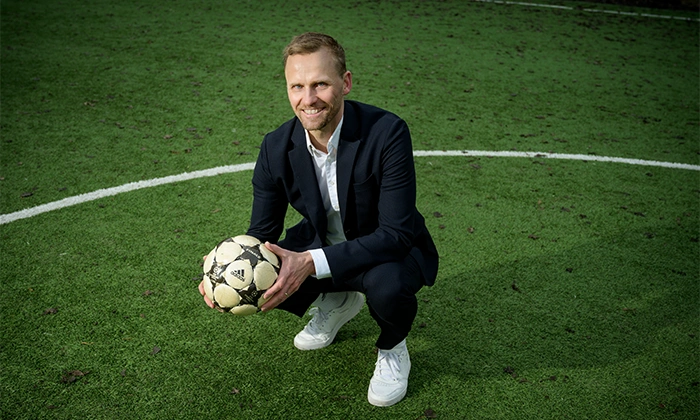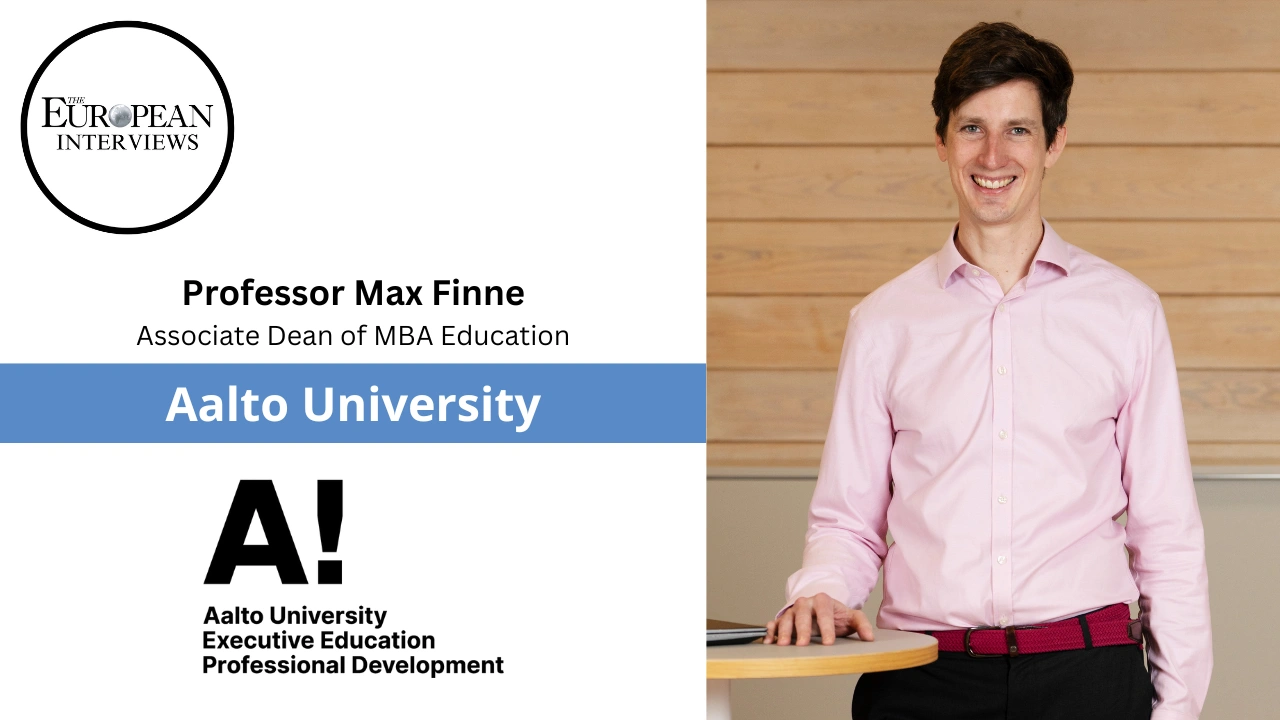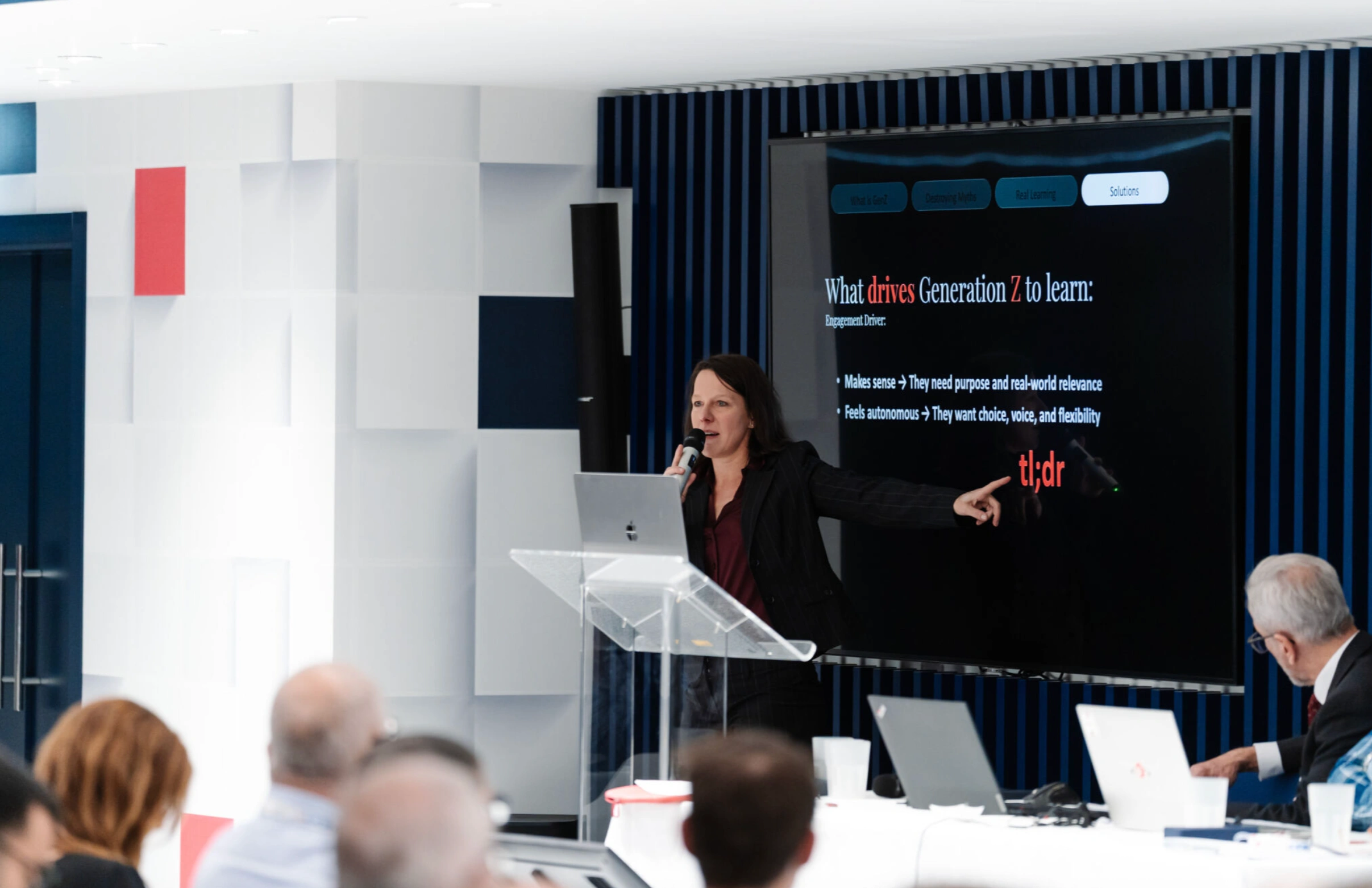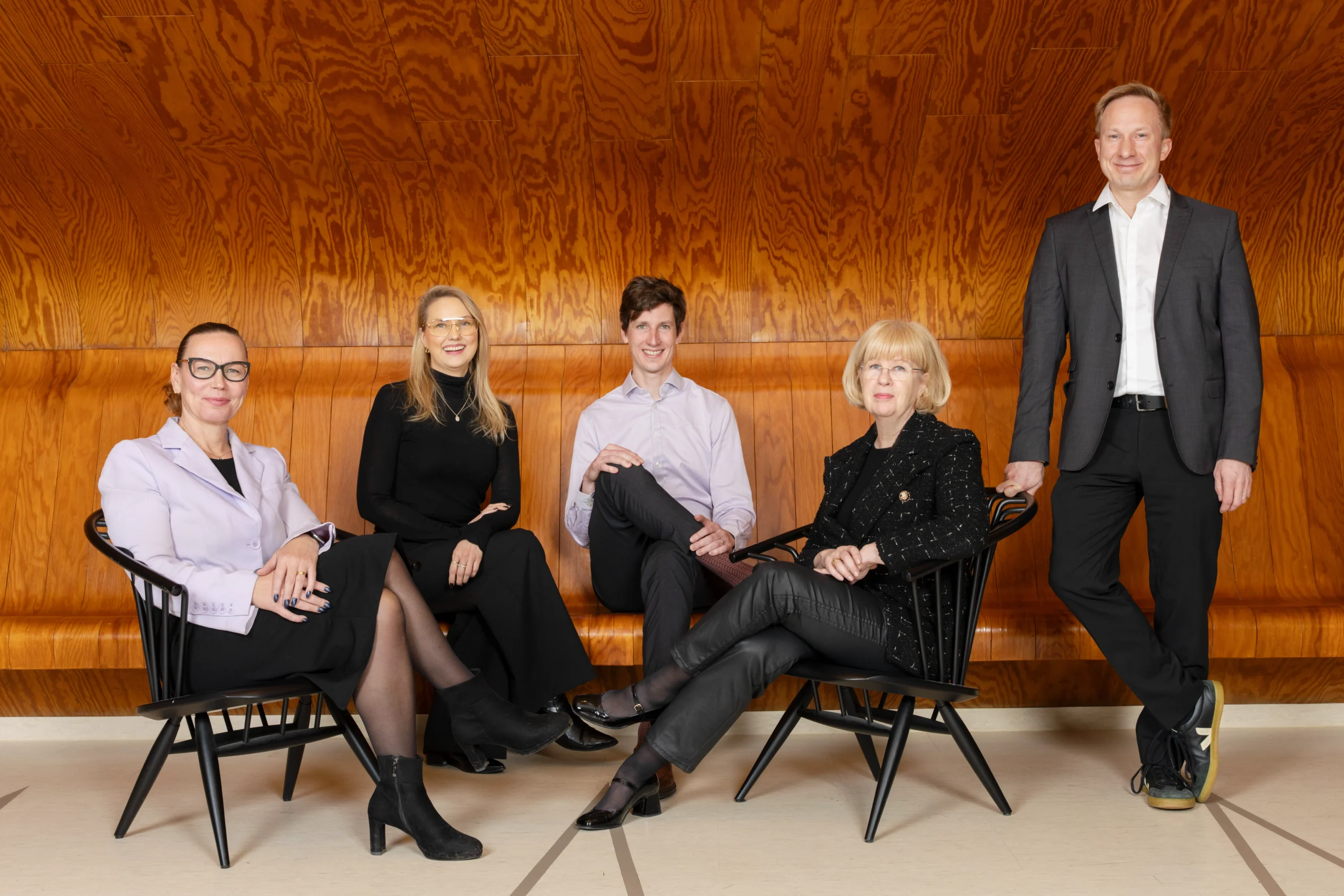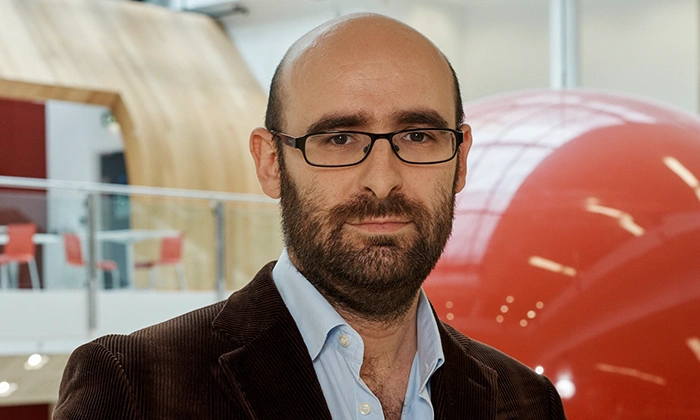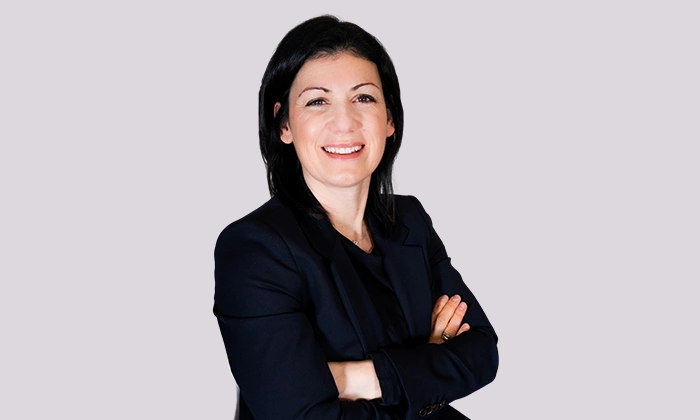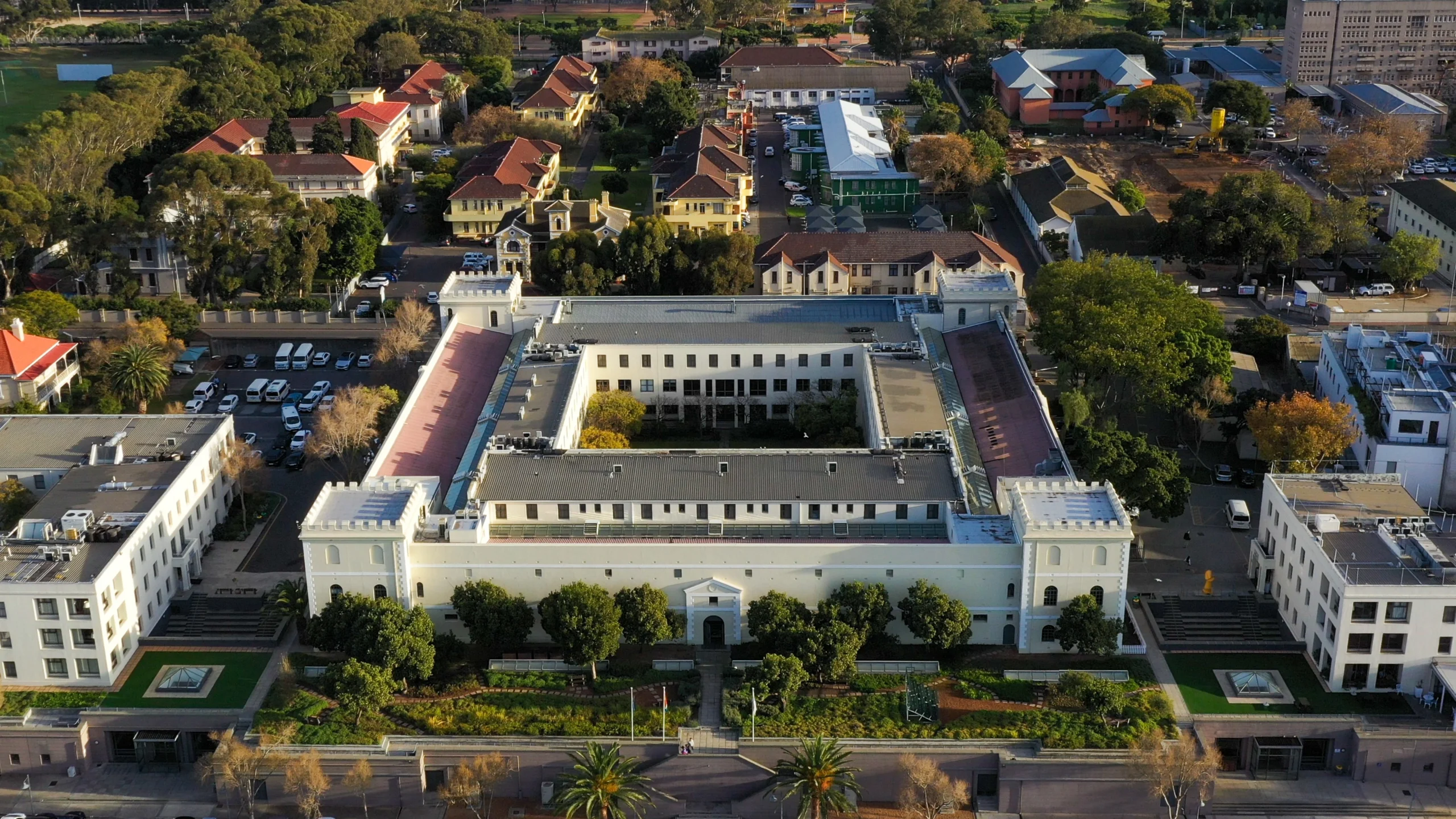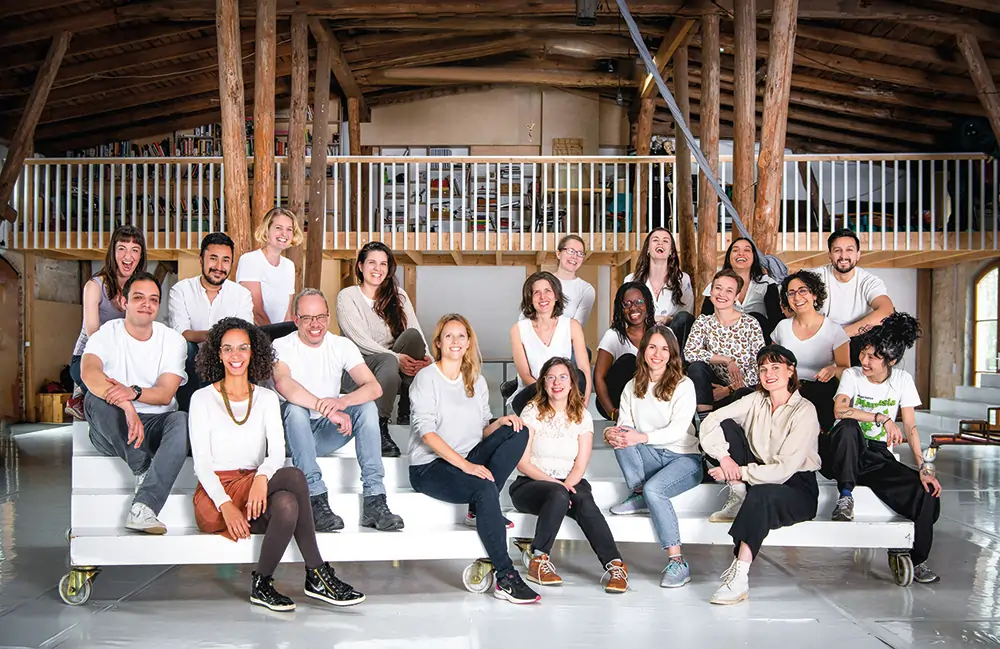Insecure leaders won’t take advice – unless it’s from a machine

John E. Kaye
- Published
- Executive Education, Home

Leaders who are in danger of losing their position are more likely to take advice from a data algorithm than another human, research from BI Norwegian Business School reveals.
Psychologist Ingvild Müller Seljeseth conducted studies where participants were assigned to either stable or unstable leadership positions, which they would lose if they made a wrong decision. When asked to estimate the number of peas in a jar, leaders in a stable position were far more inclined to accept advice from previous participants than leaders in an unstable position.
Participants were also asked to make estimates of the anticipated price development in the stock market, before being given advice by a data algorithm or previous participant. The threatened leaders were more likely to accept advice from the data algorithm than another human being.
Ms Seljeseth says: “Leaders in an insecure position feel stressed so become rigid in their thinking and stick to their own decisions. They also feel at risk of being perceived as incapable or indecisive if they take advice from someone else. However, these insecure leaders are more willing to accept advice from the data algorithm as machines are not perceived as competing with them, unlike a human being.
“The big concern is that, as leaders have to constantly make decisions that are in the best interest of their organisations, better decisions are made by leaders who are open to advice and suggestions from others.”
The researchers also explored the impact of the reliability of the advice. When it was revealed whether the advice came from a prominent expert or someone of average competence, the leaders in a stable position paid more attention to the expert advice, while leaders in a threatened position remained reluctant to follow advice regardless of whether it was from an expert or not.
The findings indicate that an insecure leader feels too threatened to accept advice, suggesting that those who would gain the most from taking the advice of others, are less prepared to do so.
The findings come from three studies involving a collective sample of around 500 participants.
RECENT ARTICLES
-
 Hannu Tihinen on strategy, leadership, and the value of an EMBA
Hannu Tihinen on strategy, leadership, and the value of an EMBA -
 European MBAs adapt to AI as Aalto overhauls executive education
European MBAs adapt to AI as Aalto overhauls executive education -
 From dialogue to action: how emba X prepares leaders for a new era of responsible innovation
From dialogue to action: how emba X prepares leaders for a new era of responsible innovation -
 How Europe can learn faster: turning AI into safer, smarter adult training
How Europe can learn faster: turning AI into safer, smarter adult training -
 Aalto EE launches Aalto Tech EMBA to equip executives for digital transformation
Aalto EE launches Aalto Tech EMBA to equip executives for digital transformation -
 Supply chains are being remade. Leadership must be too
Supply chains are being remade. Leadership must be too -
 Why the real barrier to AI success sits in the boardroom
Why the real barrier to AI success sits in the boardroom -
 ETH Zurich and the University of St.Gallen redefine executive education with emba X, a new model of responsible leadership
ETH Zurich and the University of St.Gallen redefine executive education with emba X, a new model of responsible leadership -
 Why leadership is the strongest defence in South Africa’s schools
Why leadership is the strongest defence in South Africa’s schools -
 Porto Business School launches executive programme on AI strategy
Porto Business School launches executive programme on AI strategy -
 POLIMI Graduate School of Management strengthens global reputation in MBA and master’s rankings
POLIMI Graduate School of Management strengthens global reputation in MBA and master’s rankings -
 Trinity Business School strengthens standing in global MBA rankings
Trinity Business School strengthens standing in global MBA rankings -
 Meet the class of 2025… and their children. Why mid-life university learning is on the rise
Meet the class of 2025… and their children. Why mid-life university learning is on the rise -
 University of Michigan launches executive programme for chief data and AI officers
University of Michigan launches executive programme for chief data and AI officers -
 International education: A vision for global citizens
International education: A vision for global citizens -
 How to create lasting social change? Build a community
How to create lasting social change? Build a community -
 Tomorrow’s world needs Dyslexic Thinking
Tomorrow’s world needs Dyslexic Thinking -
 Why family therapy is the best investment you can ever make
Why family therapy is the best investment you can ever make -
 How EQ can give us the edge over AI
How EQ can give us the edge over AI -
 A true root and branch approach
A true root and branch approach -
 It's fine to say you're not ok
It's fine to say you're not ok -
 Are you willing to change with your organisation?
Are you willing to change with your organisation? -
 Emerging markets: Online learning for women unlocks economic potential
Emerging markets: Online learning for women unlocks economic potential -
 A programme of urgent importance
A programme of urgent importance -
 Why progress is not parity
Why progress is not parity

